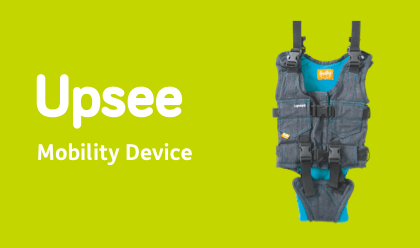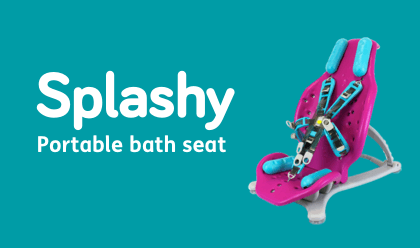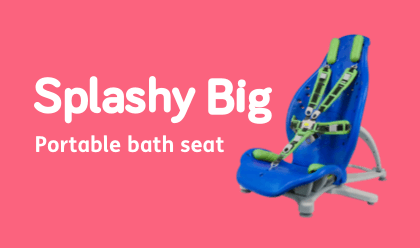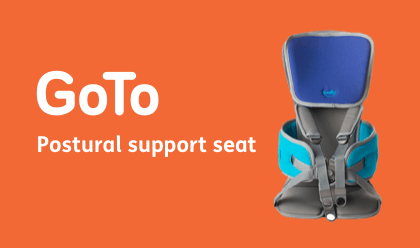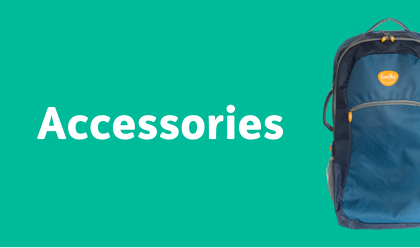Answering Children’s Questions About Additional Needs and How Winnie-the-Pooh Helps

A question I get asked loads of times is this; “How can I explain additional/special needs to children?” The answer depends on the context, as there are different ways that this can be responded to, determined by who the answer is meant for.
Are we responding to a question from a child with additional needs themselves? “Why am I different?” Are we responding to a question from other children “Why are they different?” Or are we trying to figure out an answer to a question we’re asking ourselves “Why is my child different?”
A starting point as we try to navigate a path through these questions is to grapple with a rather large issue; what is “different”?
All of the questions above have been, rather crudely I admit, couched in a way that includes the word different. The questions are all based on questions that I, and I’m sure many of you, have been asked many times. But what is “different”? “Different” to what, or to who?
We are all different, unless we have an identical twin, so there is really no such thing as a “normal” person to be different to; we are all different to each other.
So where is the line drawn that causes us to ask the questions in the opening paragraph? Is someone considered to be on the other side of that line if they have red hair? Or one green eye and one brown? Or are under, or over, a certain height? What about if they have a birthmark?
Hopefully we have moved on from the time when people would be stared at and thought to be “different” because of the colour of their skin, although there are still recent stories that suggest this is not entirely the case yet.
So where is that line, who gets to draw it, and why should children with additional needs or disabilities find themselves on the “wrong” side of it so often? On the side that isn’t “normal”?
One suggestion I give to people trying to explain this to children is to gather them together and ask them what is different about them compared to the rest of the group; encouraging them to include affirming differences such as “I’m good at football”, or “I collect unicorns”, as well as things that are physical differences such as “I’m taller”, or “I have freckles”, for example.
Then ask them if they can remember a time when they have needed a bit of extra help or support, prompting them to remember the time when they fell out of a tree and broke their arm, or when they were sad because their pet had died, or when they were poorly.
It is then easier to help them to use these examples to better understand that everyone is different, none of us are “normal”, there is no such thing!
And all of us have times when we need a bit of extra support or help, whether we have an additional need or disability, or not. Helping children to understand this through their own experiences will help to give them a reference point for them to be more accepting of others.
It can also be helpful to think about a group of popular children’s characters and discuss the differences between them.
The characters in the A.A. Milne Winnie-the-Pooh stories are a great example for younger children, with very different characteristics, abilities and attributes to be found in the various characters in the Hundred Acre Wood.
Tigger is very bouncy and confident, while Eeyore is quieter and likes being on his own. Owl is very wise, while Roo, being younger, still has a lot to learn. Every one of them is different, as are we all.
The hardest question can be the one from a child themselves… “Why am I different?” Perhaps what they are really wanting to know more than anything else is whether their perceived “difference” affects the way we might feel about them… especially if they have experienced rejection at school for example, due to their additional needs.
The question that might be in the deepest darkest corner of their breaking heart might be “Do they still love me?”
To which possibly the best response it might be possible to give comes, with a little adaptation, from the pen of A.A. Milne, through these words from Christopher Robin to Winnie-the-Pooh; “Promise me you’ll always remember… you’re braver than you believe, stronger than you seem, smarter than you think, and loved move than you know.”
Maybe that’s the best answer we can give to a child who asks us that tough question, and by not just saying it but living it with them we can help them face whatever challenges lie ahead together.
As A.A. Milne once again puts it so well… (Piglet:) “How do you spell love?” (Pooh:) “You don’t spell it, you feel it.” I think, perhaps, we can all agree with that!

